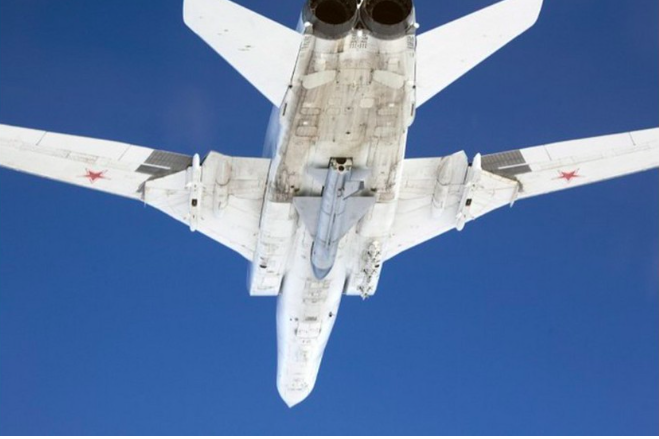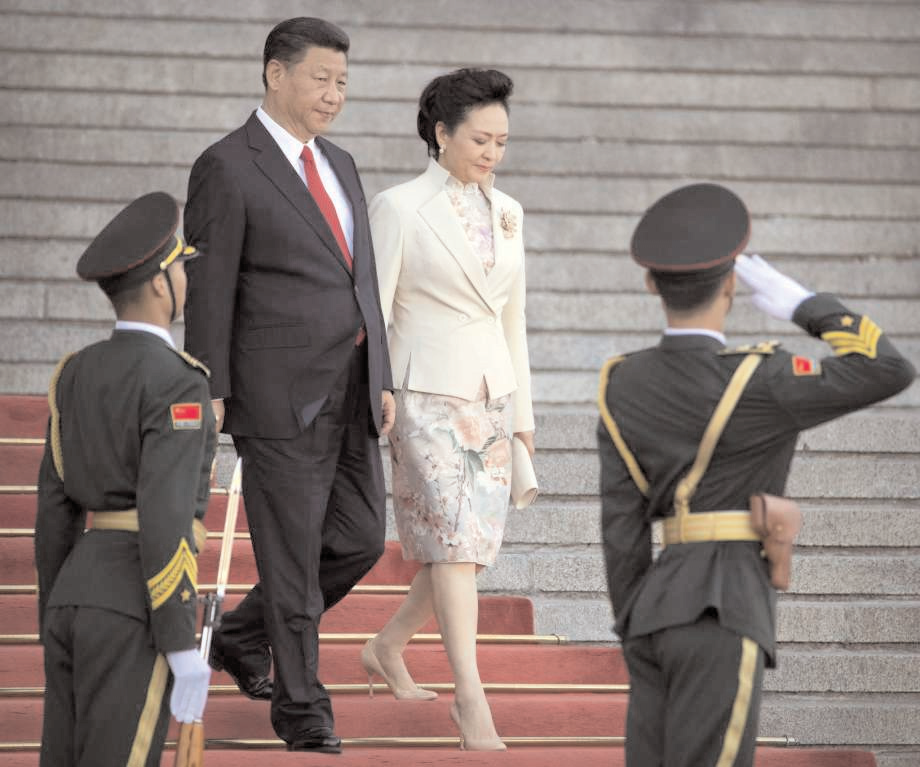
Washington (TIP) – The ability of the U.S. and Canadian military to defend North America could be jeopardized by stepped up Russian military activity, according to the commander of the North American Aerospace Defense Command.
Adm. William Gortney told the Senate Armed Services Committee on Thursday that Russia is continuing to work on its program to deploy “long-range conventionally armed cruise missiles,” that can be launched from its bomber aircraft, submarines and warships. This is giving the Kremlin “deterrent” options “short of the nuclear threshold,” Gortney said.
“Should these trends continue over time, NORAD will face increased risk in our ability to defend North America against Russian air, maritime and cruise missile threats,” he said.
Gortney’s remarks came in written testimony submitted to the committee.
“This past year has marked a notable increase in Russian military assertiveness,” on the world stage, he said. Russian heavy bomber aircraft flew more patrols outside Russian airspace “than in any year since the Cold War,” though he did not offer a specific number. There have also been increased Russian air patrols across the coastlines of Europe.
The NORAD commander later said that Russian flights, even down the English Channel, are at a pace “that has not been what they’ve done in the past, even back with the Soviet Union.”
Under NORAD operations, the U.S. and Canada routinely send fighter jets into the skies to monitor any Russian military aircraft approaching the U.S. coastline. The Russian operations have not extended to actually flying into U.S. or Canadian airspace, but in the last year Russia is clearly trying to keep a closer eye on NORAD.
“We have also witnessed improved interoperability between Russian long-range aviation and other elements of the Russian military, including air and maritime intelligence collection platforms positioned to monitor NORAD responses,” he said.
Gortney said the Russian air patrols, in part, are designed to “communicate its displeasure with Western policies, particularly with regard to Ukraine.”
One of the security challenges for the U.S. is to determine whether the cruise missiles on its bomber aircraft, submarines and warships are indeed conventional or may be nuclear tipped. When carried aboard submarines, ships and in the internal bays of bombers it’s nearly impossible for U.S. intelligence to know with certainty. The concern remains that the Russian deployments of aircraft and ships into Crimea and the Kaliningrad region could give Moscow a platform for the deployment of the weapons that concern the U.S.
“They can range critical infrastructure in Alaska and in Canada that we rely on for a homeland defense mission,” Gortney told senators, explaining the reach of the long-range of the Russian cruise missiles.





Be the first to comment